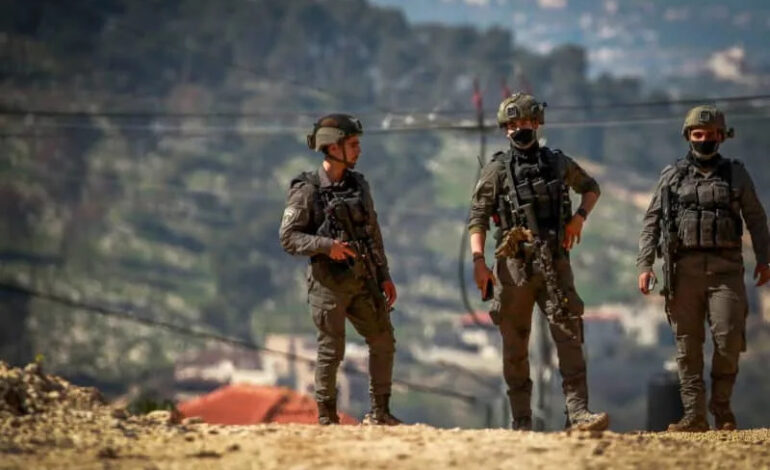Israel Faces Growing Instability Along Egyptian Border and West Bank

Israel is confronting escalating instability along its borders with Egypt and within the West Bank as the conflict in Gaza continues. As hostilities in Gaza have persisted for over 23 months, the focus has shifted to the potential for violence to erupt in these neighboring regions. Each area presents distinct challenges, demanding urgent attention.
In the West Bank, the primary concern centers on managing a low-level insurgency. Israel has made significant strides in curbing the influence of groups such as Palestinian Islamic Jihad, which has sought to establish a foothold in the northern West Bank. This effort has taken place over several years, from approximately 2021 to early 2025.
The situation has been exacerbated by illegal arms trafficking, with an influx of M-4 and M-16 rifles, as well as modern handguns, reaching militant groups. A concerning new trend involves the development of small rockets by these groups, reminiscent of the tactics seen in Gaza during the late 1990s and early 2000s. The evolution of threats in the West Bank indicates that armed factions are adapting their strategies to challenge Israeli defenses more effectively.
Recent attacks have highlighted this shift, often involving multiple armed assailants. The changing nature of the conflict suggests that militants are increasingly seeking innovative methods to outmaneuver Israeli security forces.
Smuggling Threats on the Egyptian Border
In addition to the challenges in the West Bank, Israel faces a related threat from smuggling activities across its border with Egypt. Reports indicate that the scale of smuggling operations has intensified, with drones being utilized to transport firearms and gun components. The frequency of these incidents has risen, suggesting that numerous smuggling attempts occur daily.
The full extent of this issue remains difficult to quantify, as many smuggling attempts go undetected. Each interdiction might represent only a fraction of a larger, systemic problem. Egypt, while focused on negotiating a settlement regarding Gaza, has increased its military presence along the border. Nonetheless, its primary concern remains the potential influx of Gazans into the Sinai Peninsula.
As smuggling networks evolve, the repercussions are being felt in Israel. Gun violence has surged, primarily affecting the Arab community but raising concerns about broader societal unrest. The potential for violence to escalate in these areas poses a significant threat to Israeli security.
Israel’s strategic focus has historically concentrated on what it refers to as “third circle” threats, particularly Iran. The country has developed a reputation for precision airstrikes and military preparedness against Iranian aggression. However, the ongoing conflict in Gaza has led to an underestimation of the challenges posed by Hamas and other groups operating in the region.
While Hamas has suffered setbacks in Gaza, the prolonged conflict has diverted resources and attention from other pressing issues. The Egyptian border and the West Bank, along with the smuggling networks supplying weapons to Arab communities, have emerged as critical vulnerabilities.
As tensions continue to mount, Israeli authorities must address these multifaceted threats, ensuring that security measures are robust enough to prevent further escalation. The situation remains fluid, and the potential for conflict in these areas necessitates ongoing vigilance and strategic planning.






